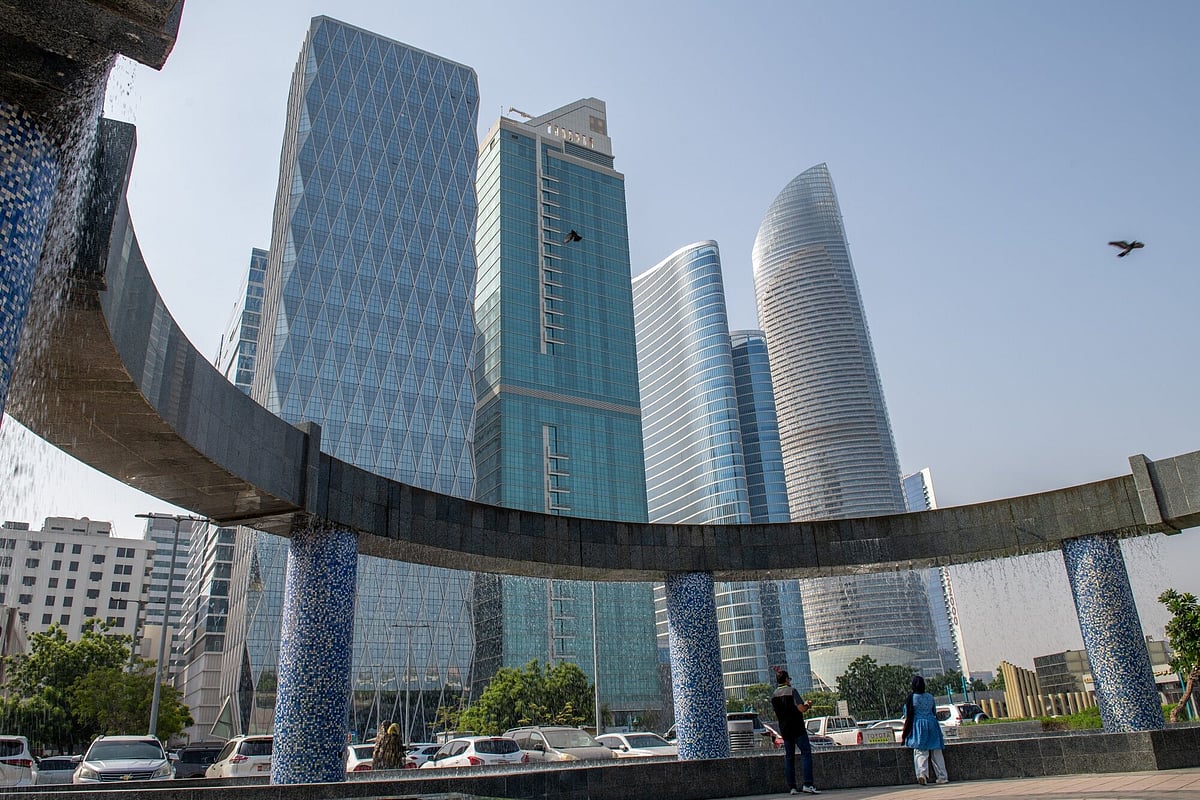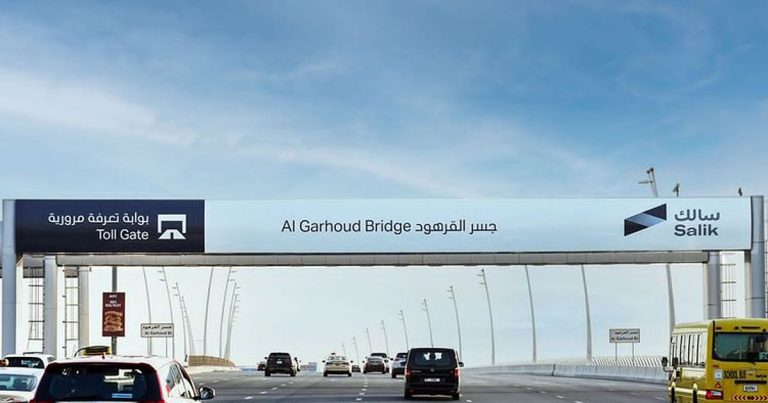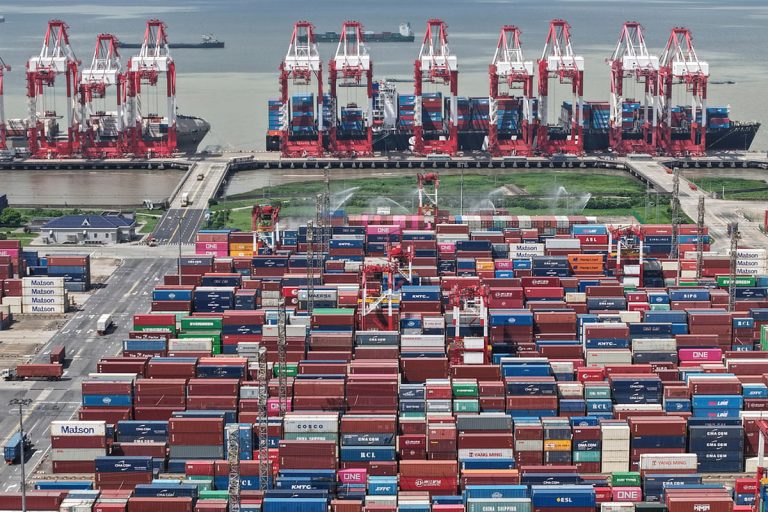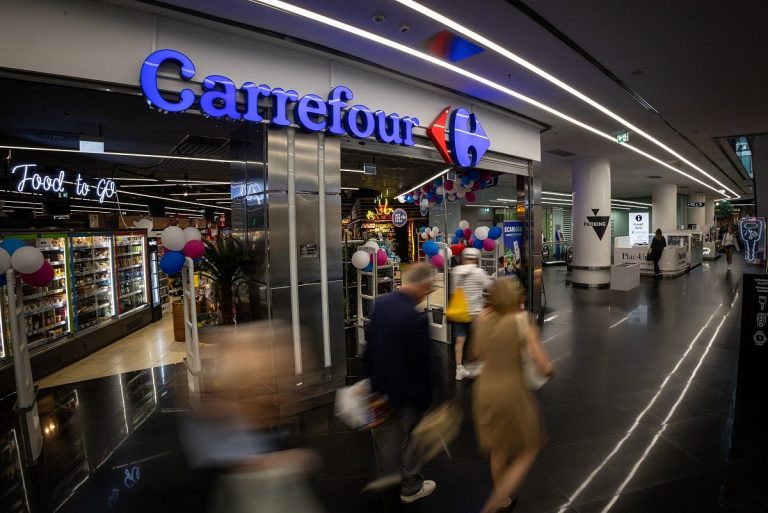Dubai and Abu Dhabi Rank High in Global Resilience Index
Recent evaluations have placed Dubai and Abu Dhabi among the world’s most resilient urban centers, reflecting the UAE’s commitment to sustainable development and robust infrastructure. The Global Cities Resilience Index (GCRI), launched by Kearney and the Future Investment Initiative (FII) Institute, highlights the strengths of these cities in adapting to future challenges.
Rankings and Highlights
In the inaugural GCRI, Dubai secured the fourth position globally, following London, Amsterdam, and New York. Abu Dhabi also made a notable entry at the 13th spot. These rankings underscore the UAE’s growing reputation for innovation, governance, and resilience in urban planning.
Dubai’s high ranking is attributed to its advanced infrastructure and effective governance systems. The city has established itself as a model for emerging urban centers, showcasing how innovation and adaptability can be integrated into city planning. The GCRI report emphasizes Dubai’s readiness for the future, noting its strong social and financial foundations as critical components of its resilience.
Abu Dhabi’s recognition in the top 15 highlights its commitment to sustainable finance and human capital development. The city’s long-term strategies focus on economic diversification and environmental stewardship, which are essential for maintaining resilience in the face of global challenges.
Evaluation Criteria
The GCRI assessed 31 major cities worldwide based on five core dimensions: institutional governance, sustainable finance and business, technology and innovation, social and human capital, and global integration. This comprehensive evaluation provides insights into how cities are preparing to adapt and thrive amid various disruptions, including environmental, economic, and social challenges.
Regional Performance
The Gulf region as a whole demonstrated strong performance in the index. Riyadh topped the global rankings in the technology and innovation category, reflecting Saudi Arabia’s Vision 2030 initiatives aimed at enhancing entrepreneurship and digital infrastructure. Meanwhile, Doha ranked sixth globally in the economic dimension, driven by its diversification efforts and pro-investment policies.
Expert Insights
Bob Willen, Kearney’s Global Managing Partner, emphasized the significance of the GCRI findings. He stated, “The Global Cities Resilience Index measures not where cities stand today, but their systemic readiness to thrive tomorrow.” This forward-looking perspective serves as a valuable tool for leaders, investors, and citizens aiming to enhance adaptive capacity.
Richard Attias, Chairman of the FII Institute Executive Committee, remarked on the broader implications of these rankings. He noted that cities like Dubai and London have demonstrated their ability to adapt and thrive amid unforeseen changes, making resilience a key metric for global competitiveness.
National Policies and Future Outlook
The results of the GCRI reinforce the effectiveness of the UAE’s national policies, such as Dubai’s Smart City strategy and Abu Dhabi’s sustainable investment frameworks. These initiatives are translating into measurable outcomes on the global stage, showcasing the UAE’s dual focus on innovation and institutional strength.
By ranking alongside some of the world’s most advanced cities, the UAE illustrates its capacity not only to withstand global challenges but also to lead in shaping a sustainable urban future.
FAQs
What is the Global Cities Resilience Index (GCRI)?
The GCRI is a comprehensive evaluation that assesses cities based on their resilience and preparedness to face future challenges across various dimensions, including governance, finance, and innovation.
How did Dubai and Abu Dhabi rank in the GCRI?
Dubai ranked fourth globally, while Abu Dhabi secured the 13th position, highlighting their strengths in sustainable development and infrastructure.
What factors contribute to a city’s resilience according to the GCRI?
Key factors include institutional governance, sustainable finance, technology and innovation, social and human capital, and global integration, all of which are essential for adapting to disruptions.
Conclusion
The recognition of Dubai and Abu Dhabi in the Global Cities Resilience Index underscores the UAE’s strategic focus on sustainable urban development and innovation. As these cities continue to enhance their resilience, they are well-positioned to navigate future challenges and contribute to a sustainable global urban landscape.
Also Read:
Dubai Unveils Future Vision at Asia-Pacific Cities Summit
UAE Launches Green Innovation District at Expo City Dubai
Pakistan and Saudi Arabia Launch Economic Cooperation Framew







